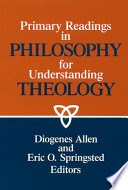 | Diogenes Allen, Eric O. Springsted - Philosophy - 1992 - 324 pages
...to observe that our assurance in any argument of this kind is derived from no other principle than our observation of the veracity of human testimony, and of the usual conformity of facts to the reports of witnesses. It being a general maxim that no objects have any discoverable connexion together,... | |
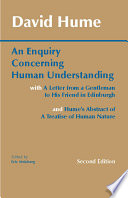 | David Hume, Eric Steinberg - Philosophy - 1993 - 170 pages
...to observe, that our assurance in any argument of this kind is derived from no other principle than our observation of the veracity of human testimony, and of the usual conformity of facts to the reports of witnesses. It being a general maxim, that no objects have any discoverable connexion together,... | |
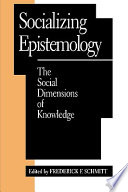 | Frederick F. Schmitt - Philosophy - 1994 - 336 pages
...to observe that our assurance in any argument of this kind is derived from no other principle than our observation of the veracity of human testimony, and of the usual conformity of facts to the reports of witnesses" (Hume 1975, X, 111). 4. Contrast with Gibbard who thinks there's always something... | |
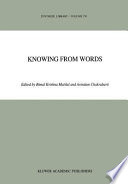 | Bimal K. Matilal, A. Chakrabarti - Language Arts & Disciplines - 1994 - 404 pages
...spectators . . . our assurance in any argument of this kind is derived from no other principle than our observation of the veracity of human testimony, and of the usual conformity of facts to the reports of eye-witnesses. It being a general maxim, that no objects have any discoverable connexion... | |
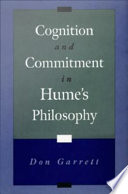 | Don Garrett Associate Professor of Philosophy University of Utah - Philosophy - 1996 - 289 pages
...testimony of men and the reports of eyewitnesses and spectators] is derived from no other principle than our observation of the veracity of human testimony, and of the usual conformity of facts to the reports of witnesses, (from 7, 8, and 9) 11. [T]he evidence, derived from witnesses and human testimony... | |
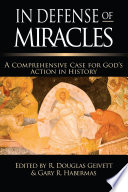 | R. Douglas Geivett, Gary R. Habermas - Religion - 1997 - 340 pages
...to observe that our assurance in any argument of this kind is derived from no other principle than our observation of the veracity of human testimony, and of the usual conformity effects to the reports of witnesses. It being a general maxim, that no objects have any discoverable... | |
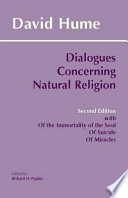 | David Hume, Richard H. Popkin - Religion - 1998 - 158 pages
...to observe, that our assurance in any argument of this kind is derived from no other principle than our observation of the veracity of human testimony, and of the usual conformity of facts to the reports of witnesses. It being a general maxim, that no objects have any discoverable connection together,... | |
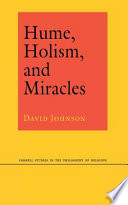 | David Johnson - Holism - 1999 - 140 pages
...argument of this kind [based on human testimony from someone else] is [properly] derived [precisely from] . . . our observation of the veracity of human...testimony, and of the usual conformity of facts to the reports of witnesses." (T), however, is ambiguous; for what is the force of the second 'our'? Which... | |
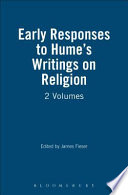 | James Fieser - Philosophy - 2005 - 500 pages
...but it is sufficient to observe, that our assurance in any argument of this kind is solely derived from our observation of the veracity of human testimony, and of the usual conformity of facts to the reports of witnesses, which, like all other objects, have no discoverable connexion; nor can any inference... | |
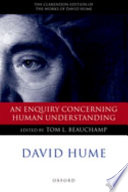 | David Hume - Philosophy - 2000 - 460 pages
...to observe, that our assurance in any argument of this kind is derived from no other principle than our observation of the veracity of human testimony, and of the usual conformity of facts to the reports of witnesses. It being a general maxim, that no objects have any discoverable connexion together,... | |
| |